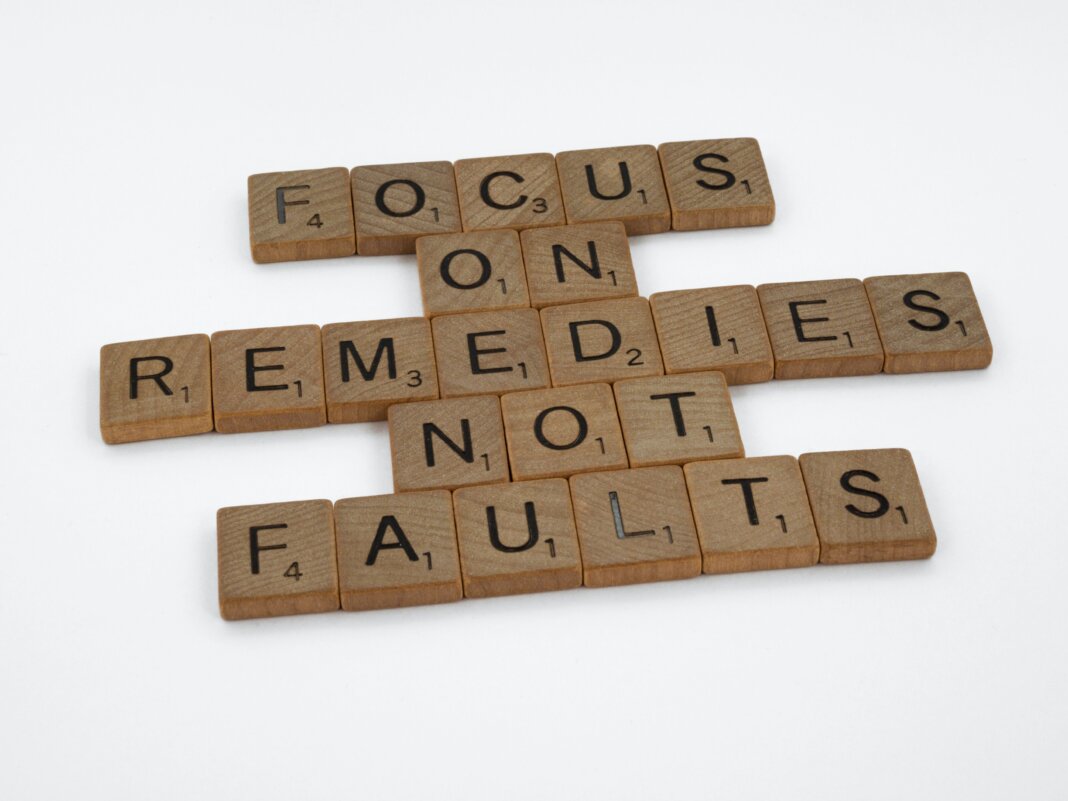Table of Contents
Introduction
Problem-solving is an essential skill that empowers individuals to tackle challenges, make informed decisions, and find innovative solutions to various situations. From personal dilemmas to professional obstacles, cultivating effective problem-solving skills can significantly improve one’s life. Critical thinking is a key component of this process, enabling individuals to analyze problems from different angles and arrive at well-founded conclusions. In this article, we will explore practical strategies for developing strong problem-solving skills with the help of critical thinking.
Understand the Problem:
The first step in effective problem-solving is to gain a comprehensive understanding of the problem at hand. Take the time to define the issue clearly, identify its root causes, and assess its impact on various aspects. Breaking down complex problems into smaller, manageable components will make the task less overwhelming and aid in finding viable solutions.
Be Open to Different Perspectives:
Critical thinking involves considering various viewpoints and recognizing that there might be multiple solutions to a problem. Embrace diverse perspectives, and encourage brainstorming sessions with colleagues, friends, or family members. Collaboration can bring fresh insights and ideas to the table, leading to more creative problem-solving approaches.
Ask the Right Questions:
Asking the right questions is a crucial aspect of critical thinking. Challenge assumptions, inquire about possible consequences, and delve deeper into the underlying factors influencing the problem. Thought-provoking questions can shed light on essential aspects of the issue and guide you towards uncovering effective solutions.
Analyze Past Solutions:
Reflect on past experiences where you successfully resolved similar problems. Examine the strategies you used, what worked well, and what could have been improved. Drawing from your previous successes and learning from your mistakes can provide valuable insights and refine your problem-solving skills.
Break Down the Problem into Smaller Parts:
Complex problems can seem overwhelming when approached as a whole. Instead, break them down into smaller, more manageable parts. Tackle each component individually and analyze the potential impact of solving them. By addressing each part systematically, you can create a clearer roadmap to the ultimate solution.
Consider the Consequences:
Effective problem-solving is not just about finding an immediate fix but also understanding the long-term consequences of the solutions proposed. Evaluate the potential risks and benefits of each option, considering how it might affect different stakeholders and future situations.
Be Patient and Persistent:
Problem-solving can be a challenging and time-consuming process. It’s essential to remain patient and not get discouraged if initial attempts don’t yield desired results. Embrace the idea that problem-solving is a journey, and each step taken, regardless of the outcome, contributes to personal growth and learning.
Practice Active Listening:
Active listening is a critical skill that complements problem-solving and critical thinking. When engaging in discussions or seeking advice, give your full attention to others’ perspectives. By understanding different viewpoints, you can gain valuable insights and approach the problem more comprehensively.
Embrace a Growth Mindset:
A growth mindset is believing that your abilities and intelligence can be developed through dedication and hard work. Embrace the belief that you can enhance your problem-solving skills through practice and learning. Treat challenges as opportunities for growth and view failures as stepping stones toward improvement.
Seek Continuous Learning:
To become an effective problem solver, never stop learning. Stay curious and stay informed about advancements in your field and related areas. Read books, take courses, attend workshops, and engage in discussions with experts. Expanding your knowledge will provide you with a diverse toolkit to draw upon when confronting complex problems.
Conclusion
Effective problem-solving skills are not innate; they are cultivated through practice, critical thinking, and a growth mindset. By understanding the problem, considering various perspectives, asking thought-provoking questions, and breaking down complex issues, you can approach challenges with confidence and creativity. Embrace the power of continuous learning and collaboration to unlock your full problem-solving potential. Remember, it’s not just about finding solutions; it’s about the journey of growth and discovery that comes with being an adept problem solver.
